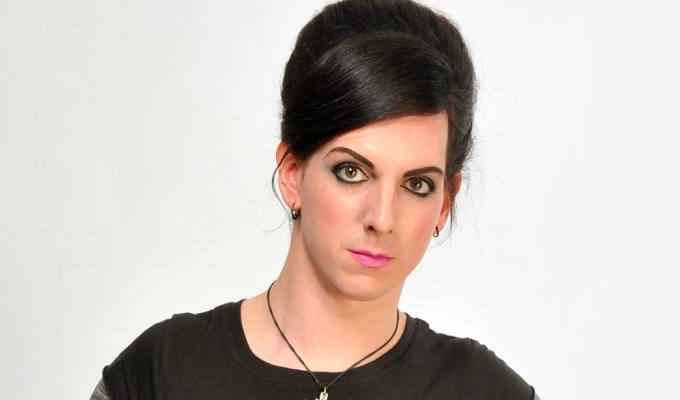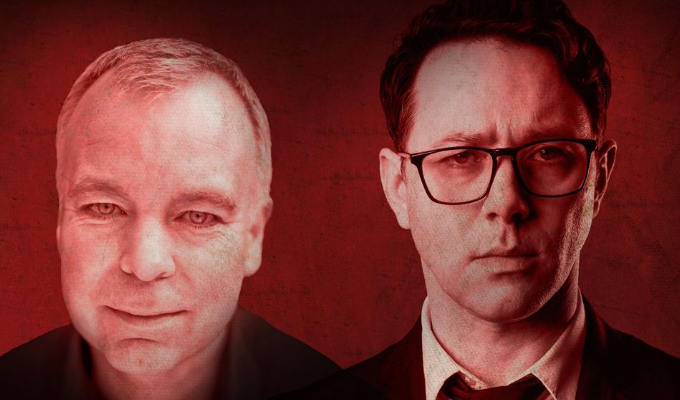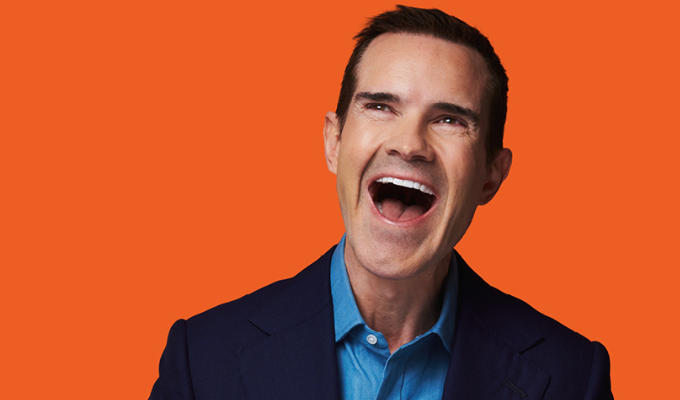A little bit of politics
On the eve of the local elections, Julian Hall takes a look at political comedy
Legend has it that when a Nazi officer confronted Picasso with a print of Guernica and asked him: ‘Did you do this?’, Picasso replied: ‘No, you did.’Whether true or not the exchange defines political satire: the ability to liberate a truth while liberating a laugh. The harsher the conditions the better the jokes, as the tide of jokes about Eastern Europe under Communist rule testified:
A guy goes into a butcher's and asks for pork, ‘nie ma’ [there isn't any]; for beef, ‘nie ma’; for lamb, ‘nie ma’; for veal, ‘nie ma’; for chicken, ‘nie ma’. Finally, he leaves, defeated. ‘He was kind of crazy, wasn't he?’ says the butcher's assistant. ‘Yeah,’ says the butcher, ‘but what a memory!’
For the alternative comedy movement the Thatcher era in Britain proved equally fertile ground for rages against oppression as they saw it. The political landscape and satirical opportunities have changed considerably since the Eighties and inevitably a new generation of political comedians has emerged, most less earnest than their ancestors but equally keen to prick the consciences of their audiences and to prove it’s not all about chavs, Star Wars and dope-smoking.
Some of their ancestors still roam the Earth of course, Mark Steel, Mark Thomas and Jeremy Hardy have remained to man the comedy picket lines and put actions behind their words, despite voter apathy and disillusionment with party politics. Indeed, the death of party politics has led to a reinvention of the entire genre. Jibes about individual politicians rarely work – if only because MPs of all parties have become such a bland bunch. It’s why ITV1’s new Headcases is no Spitting Image, despite what the pre-transmission hype might have suggested.
Satire now tends to look at the bigger picture, whether it’s the politics of spin and panic, so accurately depicted in The Thick Of It, or stand-ups exploiting a renewed interest in the big pictures, such as global capitalism, climate change, or the war on terror.
Robert Newman is unabashed about taking this route, as is obvious from his show titles, such as Apocalypso Now or From P45 To AK47 (How To Grow The Economy With The Use Of War).
Newman made the transition from glamour boy comic to serious political comedian in the mid Nineties doing dockers’ benefit gigs: ‘I had a minimal amount of politics in my set at the time and realised I wasn’t using my space fully, that I could be communicating ideas that were close to my heart instead of just venting my spleen at the TV.’
It’s a sentiment shared by Marcus Brigstocke, who started his career in stand-up in 1996 just as Newman was getting political. ‘I was getting bored and depressed with stand-up,’ he admits. ‘But after Bush winning, 9/11 and the war in Iraq everybody was talking about global politics in a way that they hadn’t done before. I was much happier when I was talking about it on stage and walking off feeling like I’d said something worth saying.’
It was a change of direction that has paid dividends. Described by Arthur Smith as ‘having topical comedy sewn up’ Brigstocke is a regular on the Radio 4’s Now Show and presenter of The Late Edition on BBC Four, described as ‘Newsnight with jokes’ – or a UK version of America’s The Daily Show with Jon Stewart.
While Brigstocke doesn’t suffer his targets gladly, Newman is highly uncompromising in his approach. Here’s a man who describes JFK as a ‘war criminal’ and his assassination as ‘good shooting’ and freely admits to planting ideas in his shows that he knows his audience won’t agree with.
Despite differences in tone both are highly adept at getting their point of view across using popular imagery. Newman’s spot-on mimic of Johnny Rotten as an 18th Century radical and Brigstocke’s comparison of the toppling of Saddam Hussein’s statue in Baghdad to a drunk falling down in the street holding a kebab are visuals that help them get through to beery audiences who, as Brigstocke puts it, ‘probably haven’t seen the last edition of Newsnight’. Or, in Newman’s case, aren’t familiar with Thomas Paine’s The Rights of Man.
Mimicry and caricature are essential weapons in the arsenal of political satire but the presidential style of government that followed. New Labour has made MPs and ministers almost faceless. Caricature Spitting Image-style – when Thatcher’s ‘yes men’ were at least memorable – seems unthinkable now.
Foghorn-voiced stand up Andy Parsons, who worked on Spitting Image towards the end of its reign, contends it is just a matter of ‘bringing the characters out’ and raising the bar higher than comparing George Bush to a chimp: ‘You should be able to talk about what’s going on, if you are talking about something which has no resonance beyond Pop Tarts and kebabs the ultimately it’s not going to be a satisfying snack for the audience.’
All political comics worth their salt agree that rubbishing George Bush solely for his unique interpretation of the English language or his animal traits is cheap: ‘It’s more interesting to talk about a flawed system than an individual’ argues political stand-up John Oliver, who found a natural home on The Daily Show in the States. ‘It’s more of a challenge.’
Getting to the heart of the matter is a challenge for comedians alike, as it can be counter-productive. The excesses of some of Ben Elton’s routines were an example of this, but even subtler attempts to talk turkey come a cropper. For example the combined talents of Rory Bremner, John Bird and John Fortune while respected for tackling issues head on, don’t always get the laughter flowing: ‘It is often devastating confrontational satire but I rarely find it funny,’ says Marcus Brigstocke, summing up for the prosecution.
It’s not always the Political Animal who have the last laugh. When spin became the issue an issue it was a strictly non-polemical Chris Morris who was at the forefront of unravelling it. Arguably he helped us get back to the messages rather than the methods he was mercilessly lampooning. Armando Iannucci, co-creator of The Day Today and The Thick Of It, believes the appetite for information is growing and it’s a better time to be flexing political muscles:
‘Political comedy has honed in personality traits in the last ten years or so. The jokes weren’t about housing policy, they were about John Prescott’s mangled-up English and that seems terribly easy, and it becomes more difficult to draw the audience’s attention to what the issues are and get them to laugh at them.
‘But now there is a public appetite for content. The war in Iraq galvanised people into asking how decisions are made and what goes on.’
Julian Hall is the Independent's comedy reviewer and author of The Rough Guide To British Cult Comedy
Published: 30 Apr 2008






